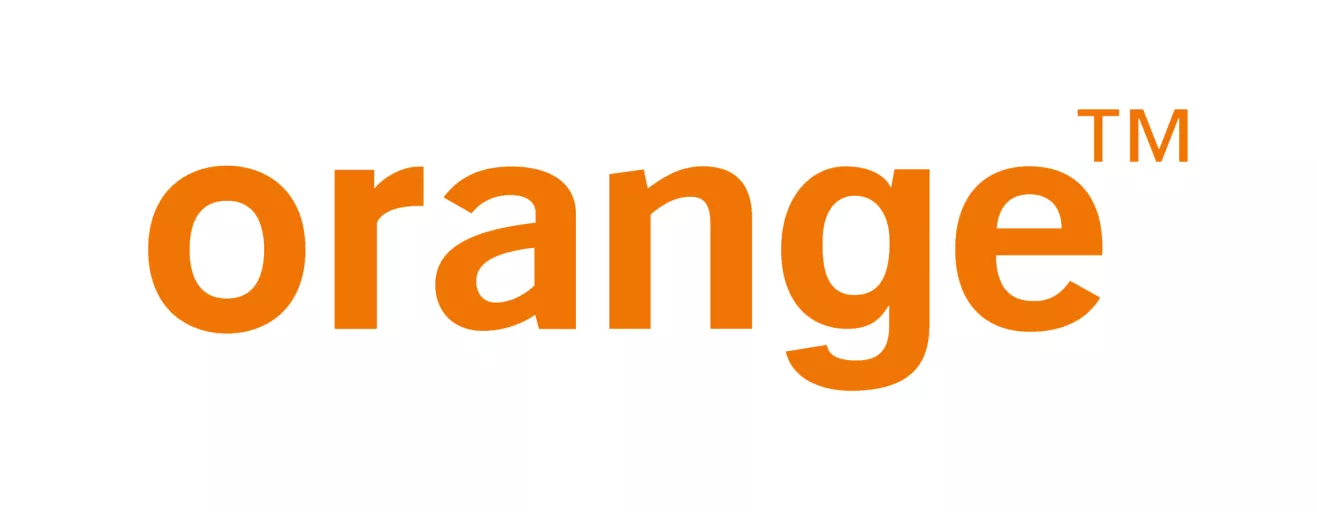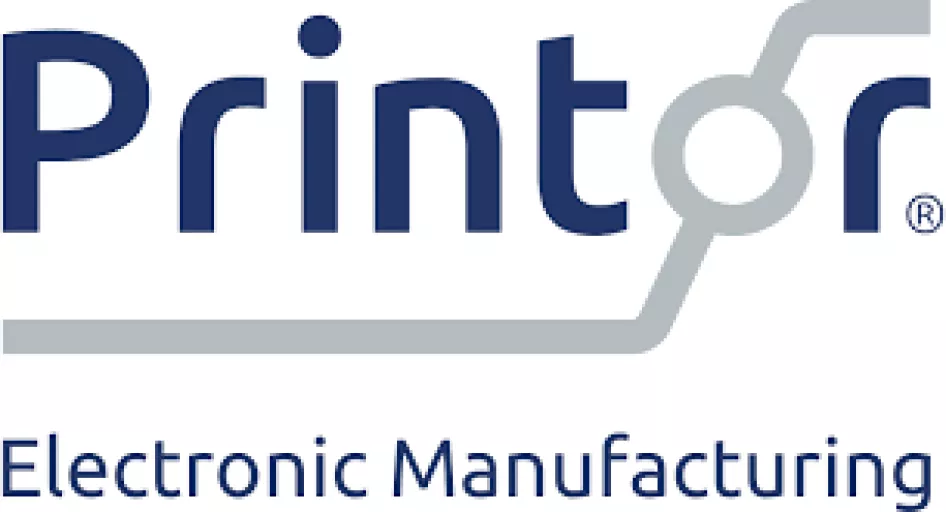A master's degree in Applied Electronics is a good dose of practice, allowing you to transform your knowledge into something tangible and practical.

Applied Electronics
Professional title
Cycle of study
Mode of study
Number of semesters
Language of instruction
Admission
Dyplom zawodowy
W rekrutacji na ten kierunek nie jest brany pod uwagę dyplom technika
About the field of study
Applied Electronics is based on the concept of Project Based Learning, with particular emphasis on practical and application competences, flexibility and the possibility of individual development. In the first semester, students carry out a team project of an autonomous electronic system, developing knowledge and skills in the area of electronics (design of circuits, microprocessor systems, sensors and actuators) and telecommunications (signal processing, wireless communication, Internet of Things - IoT). The project is accompanied by additional subjects whose topics and issues are directly applicable to its implementation. A research and development (R&D) project carried out individually or in a team in the second and third semester enables students to further develop in selected areas in cooperation with industrial and business partners or research units of TUL. The program is complemented by a wide range of elective subjects and support in the field of entrepreneurship, project management and research methodology.
See the detailed study program.
Graduate opinions
I think that this field of study should be among the TOP10 studies of the time because of the comprehensive knowledge it allows you to gain, as well as the opportunities for development after graduation. For me, especially important were the classes in optoelectronics and fiber optic networks, which are the basis of the technical part of my professional work.
Competencies you will gain
About you
Bill Gates said that "technological progress is about adapting it so that you don't even notice it, so that it can become a part of everyday life." Applied Electronics represent ideal directions of change that creep into our daily lives unnoticed, making it easy to become familiar with them.
You will graduate with advanced competences in the field of modern electronics, telecommunications and computer science, supported by knowledge of development trends in these areas of science and technology. You will acquire specialized skills in designing electronic circuits, various modern microprocessor systems and wireless communication systems, as well as advanced programming in the field of computational intelligence. You will also develop soft skills, in particular planning and organizing teamwork as well as mutual communication and presenting achieved results.
The education you obtain will enable you to take up a variety of jobs in electronics, telecommunications, IT and other companies. You will find your place in both design and engineering as well as research and development work. By preparing for further independent acquisition of knowledge, you will manage your own professional development - or maybe you will decide to pursue doctoral studies?
Take your skills to the next level and earn a master's degree in engineering.
Internship
Job perspectives
• companies with an electronic, telecommunications and IT profile,
• IT industry, including mobile solutions, microprocessor systems, IoT,
• automotive, renewable energy sources, household appliances,
• integrators of modern technologies – intelligent buildings and cities, industry 4.0,
• scientific and research development.








